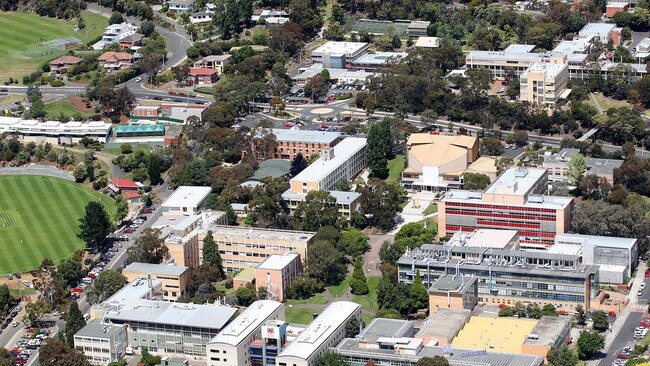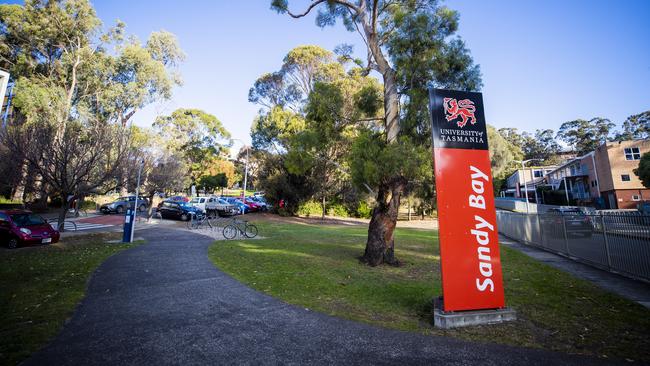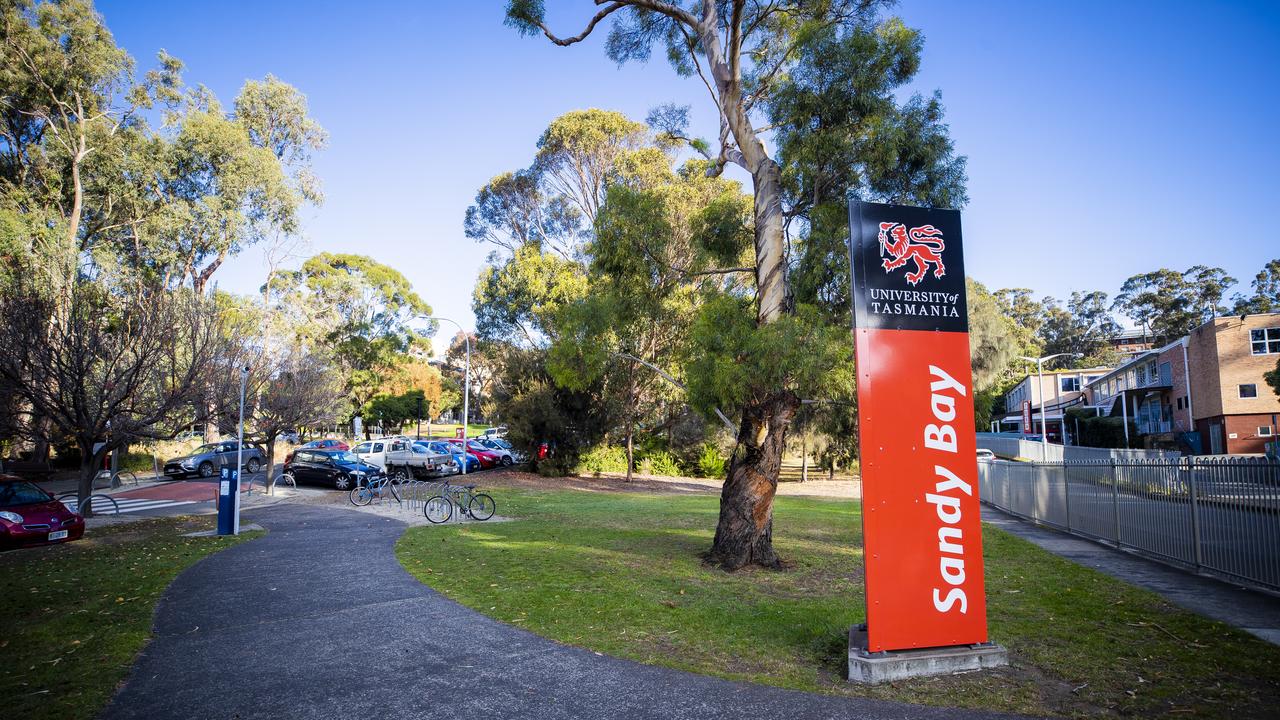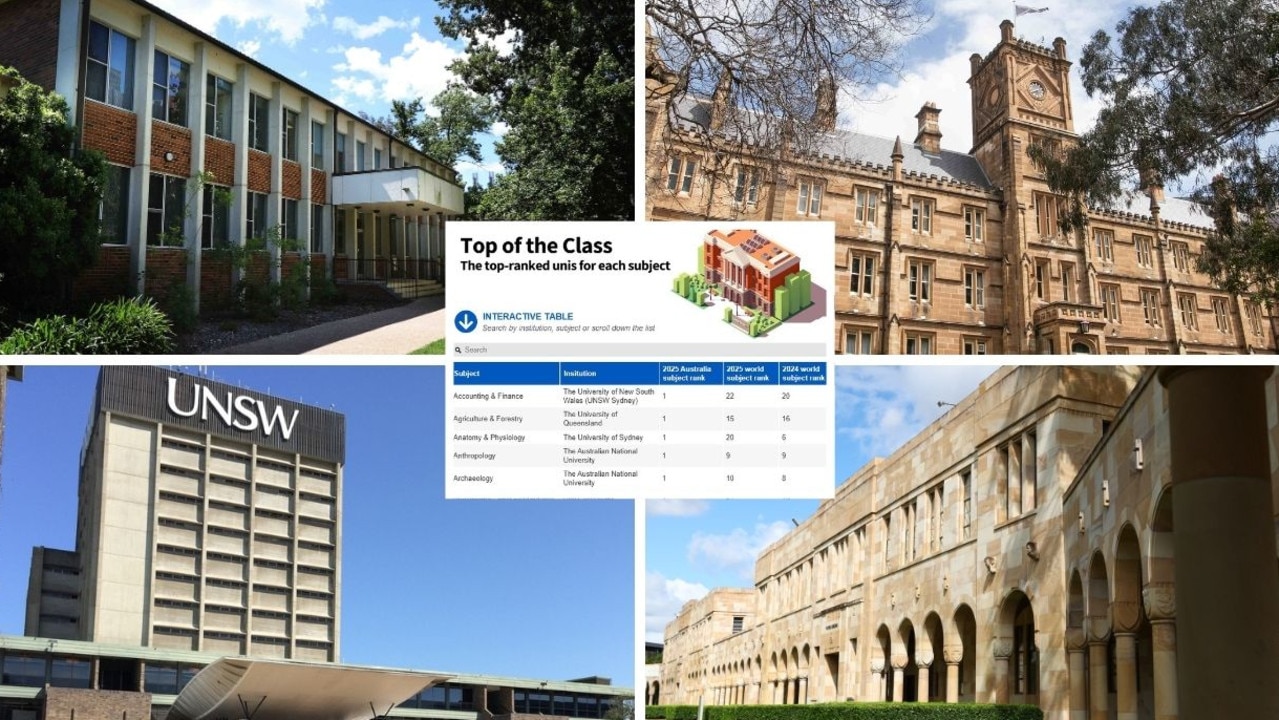National Tertiary Education Union says University of Tasmania academic staff have unrealistic workloads
UTAS academic staff have “unrealistic” and “unsustainable” workloads, according to the National Tertiary Education Union. Here’s what the union is threatening if the issue is not resolved.

Tertiary
Don't miss out on the headlines from Tertiary. Followed categories will be added to My News.
The University of Tasmania has been lashed by the National Tertiary Education Union for alleged unfair staff workload allocations.
NTEU Tasmania division secretary Ruth Barton said the union was outraged and disappointed over “unrealistic and unsustainable” workload allocations for academic staff at the institution.
“Staff want to ensure students are protected to learn, have innovative curriculum and to ensure higher standards for learning and teaching at the university,” Dr Barton said.
“But how can they do that when they are expected to do more with less?
“How can they provide meaningful feedback to students when they have less time to mark each assignment?
“How can they engage in innovative and impactful research when they have no time to do it?”

Dr Barton said the union called on UTAS to consult with staff to review and revise workload allocations.
“We are asking for UTAS to uphold its reputation as a quality institution of higher education, and to invest in its most valuable asset: its people,” she said.
UTAS chief people officer Kristen Derbyshire said the organisation valued its staff.
“People are always the most important part of any organisation – at the University of Tasmania our staff are critical to providing the teaching and research at the heart of our mission,” Ms Derbyshire said.
“Workload allocation at the University is carried out in line with our Staff Agreement and Academic Workload Principles, both of which were developed in consultation with staff and the NTEU.”
Dr Barton said the union was prepared to take further action if UTAS did not address the workload dispute.
“We will not stand by and watch UTAS destroy the quality of learning and teaching, and the wellbeing of staff and students.
“We will continue to fight for fair workloads, and we will not hesitate to escalate our campaign.”




